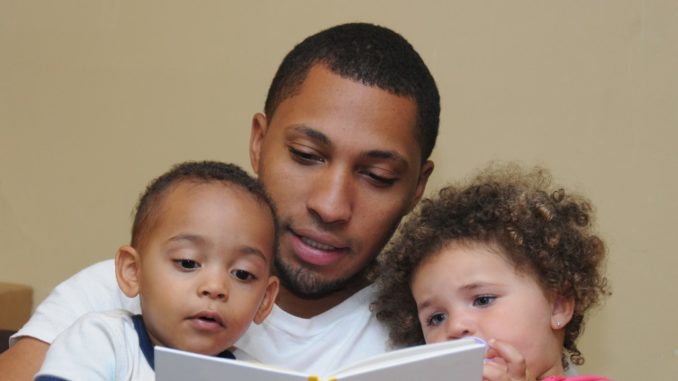
Many children nowadays suffer from a short attention span and poor concentration due to digital devices at their disposal. They’d much rather be glued to smartphones, watching videos and playing games, than sit through an entire lecture and listen. As a consequence, their learning abilities or cognitive skills may be affected because they couldn’t concentrate in lessons.
But we can’t entirely blame smartphones and technology, either. Digital developers are also doing their part to improve children’s concentration skills with the educational apps that they develop. But even so, it is still unhealthy for children to depend on technology at all times to learn and entertain themselves.
Here are the activities you can engage your child in that can boost their concentration and cognitive skills:
1. Puzzle Games
Apart from boosting children’s cognitive skills, puzzle games also help develop fine motor skills, improve hand-eye coordination along with problem-solving skills and memory. As a result, their attention span and concentration would progress.
There is a myriad of puzzle games to choose from, but if you like to give your kid something challenging, try Rubik’s Cube or The Snake Club. The latter is similar to a completed Rubik’s Cube in form, but the rule is to stretch the cube into a “snake” and then put it back together again. The Snake Club is also perfectly suited for kinesthetic learners, meaning kids who learn better when engaged in physical activity. Playing puzzle games like such will keep them occupied and give them a sense of accomplishment. Meanwhile, Rubik’s Cube is generally suited for gifted kids.
2. Reading
It’s good to get your children used to reading while they’re still young. As you read to them, their visualization and imagination get enhanced. It also develops their language acquisition and verbal skills. Make sure to choose stories that are appropriate for your kid’s age in order to spark their interest in reading.
3. Sequencing Activities
Sequencing can help improve your child’s focus. They’re activities that let children put something or enumerate things in order, like days of the week, seasons of a year, etc. They can also list down their daily routines in the right order — basically anything that involves a certain sequence. This encourages your child to pay attention in order to memorize and recite correct sequences.

4. Memory Games
Like puzzle games, memory games are also perfect for kinesthetic learners, as well as visual and auditory learners. Use 3-D shapes, vibrant images, and other entertaining memory games to keep kids engaged. Memory games help enhance short-term memory and concentration.
5. Music Lessons
New evidence suggests that taking music lessons improves a child’s cognitive skills. Researches have found that kids who took up music lessons exhibited enhanced language-based reasoning, ability to plan, organize, and finish tasks, and improved academic achievement. Even simply listening to music helps kids relieve stress, promoting a positive and toxic-free environment for them. Learning to play a musical instrument, meanwhile, can boost their coordination and imagination.
Piano, for example, has a soothing melody that a child will surely enjoy hearing and playing. Try to enrol them in outstanding piano lessons for children in Las Vegas or other places to see the benefits.
6. Good Night’s Sleep
A well-rested brain can register information better. Don’t forget to give your child adequate rest before engaging them in any of these activities. Make sure they get at least nine to ten hours of uninterrupted slumber to have their energies completely replenished. And before they sleep, fill their mind with positive thoughts through reading to them or giving them praises for behaving well during the day. Doing this may spark good dreams, a perfect way to close the day and open a new one, with them motivated to learn more.
As a parent, we only want what’s best for our kids, even if that means lessening smartphone time. Use these recommendations to prepare your child for a better future.
